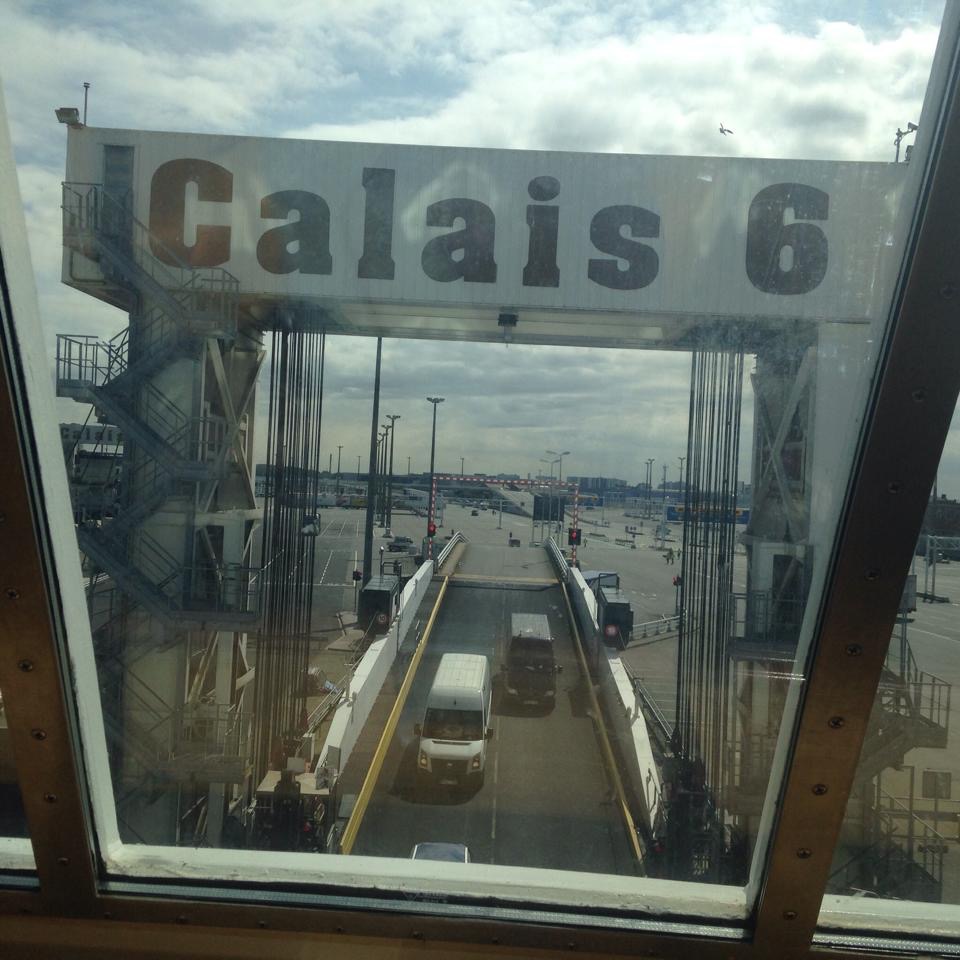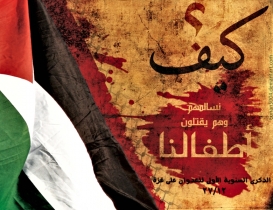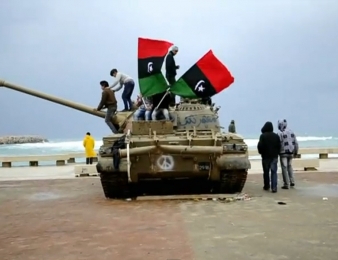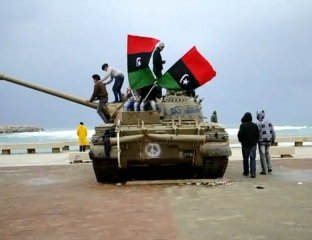This refugee crisis has certainly brought the Middle East situation into sharp focus. Many and varied opinions have been voiced, and no doubt the picture of the young boy on the beach in Turkey tugged at many heartstrings. It has encouraged many people, including our own first minister to offer to put up some of these unfortunates. Fin Hall opines.
 This awful situation, as we are aware, has came about by several factors. One of which was Tony Blair engaging in an illegal war; but the Syrian situation originated as part of the Arab Spring, which started in Tunisia. Their actions were relatively peaceful, but in Egypt, and more so in Syria, it was the opposite.
This awful situation, as we are aware, has came about by several factors. One of which was Tony Blair engaging in an illegal war; but the Syrian situation originated as part of the Arab Spring, which started in Tunisia. Their actions were relatively peaceful, but in Egypt, and more so in Syria, it was the opposite.
The failure of the uprising in Syria led to the easy access of Isis, and the escalation of Muslims killing Muslims – leading to the mass exodus that we see now.
Iraq is a different situation. We invaded this country because we didn’t like their leader, and make no mistake this was the only reason.
Coming soon after going into Afghanistan where Egyptian and Saudi terrorists called Al Queda were located, this was George Bush jnr’s excuse to flex his muscles. As soon as he became president, it was obvious he was going to go to war with someone, and 9/11 gave him the opportunity.
He must have been wetting his pants at the thought. His next thought was obviously, ‘Who can I rope in to be my gullible partner here? I know there is that nice right wing lefty Tony Blair’.
The rest, as they say, is history.
The sad thing about us civilised countries is we never prosecute our leaders when they break the law. We just let them retire on an non austerity pension and get them a good job elsewhere. In the case of Mr Blair, U.N. Envoy to the Middle East.
Who says politics doesn’t have a sense of humour?
Meanwhile at the “successful” conclusion to the “freeing” of Iraq, the people themselves greeted the troops by cheering them on the streets and toppling the previous regime’s statues. Kind of like what happened in Europe at the end of WW2. Only this time the love affair was short lived. This new found freedom gave leeway to the people who were too scared to try and overthrow Hussein, to rise up and to start the cowardly process of killing, not only American and UK troops, but their own fellow citizens.
This seems to be the continuing, relentless manifesto of these maniacs. Resulting in the refugees. The sad thing is that none of their fellow Middle East neighbours seem willing to take them in. They see Western Europe as their only place for safety.
Saudi Arabia, in the meantime, continue their onslaught and killing of the citizens of Yemen. And nearby, Zionist controlled Israel, backed by USA, relentlessly persecutes Palestinians. In none of these conflicts do we ever hear on any news channels, ‘Now over to our correspondent on the ground in ( insert appropriate country here) for the latest news’.
Social media, for a while, was full off scare stories alleging ‘Isis members in the ranks of the refugees’, ‘refugee kills European citizen’, etc. Now while there is always the risk of such things happening, and I am sure that governments will be on high alert for this, I think that our humanity will not allow our fear to win out.
Nor should we be complacent though.
I see on social media people saying that we should all open our doors and let some of these poor unfortunates into our homes. How very magnanimous and easy to say.
But the whole situation is not that simple. Already some people moan about Eastern European, economic migrants getting council houses before people who have been on the waiting list for years. What would it be like when our quota of refugees arrive?
Not that these moaners are right of course.
The other end of the stick are the 3,000 or so refugees living in camps at Calais, whose plight suddenly made people act after the picture of the toddler on the beach went viral. All over the country people started collecting clothes, shoes and sleeping bags etc to help ease their lives.
My one question on this is; why in this case is it mainly, I say mainly not wholly, young men that have travelled right across Europe to try and get to Britain? I am not implying that they have come all this way to claim benefits or suchlike, but as a whole lot of them have come from Africa, where are their wives and children?
Recently I have read of Refugees in Holland and Denmark, not complaining about various things. Minor things in the big picture and things that we would tolerate if it meant us having a safe life free from real oppression. Things like not every migrant is a potential terrorist having internet, sharing accommodation that is meant for 16 with half that number, not eating because they aren’t sure if their food is halal, only getting a one year visa and not being automatically allowed to bring your family over.
This latter man had his supermarket bombed, not sure if it was deliberately targeted, and not in any way decrying this person’s loss of business, but I know if my business was destroyed I would never abandon my wife and children to fend for themselves.
I don’t pay any attention to the scaremongering posts that pop up on social media; you know the type I mean – ‘Isis infiltrating refugees, migrants wreck bus, etc.’
Even when there were delays at Calais, it was reported it was due to migrants, whereas it was mainly due to French workers going on strike. I am not naive enough to believe that every migrant is a potential terrorist, nor do I understand why some otherwise sensible friends repost stuff from the likes of Britain First, even though the sound bite might make a little sense.
But I am also not foolish enough to accept the fact that every single asylum seeker is genuine. And I realise why some people are concerned.
I realise that, hopefully, they will be checked out properly and that, in all the countries only the genuine ones will be allowed to stay.
Meanwhile we should all keep treating them with compassion, whilst making the facts clear, that whichever country they are entering, they are making that choice of which country they want to be in and therefore should obey the laws of that country and respect the cultures and traditions of it.
And, as much as possible, don’t alienate and isolate yourself from the natives.
- Comments enabled – see comments box below. Note, all comments will be moderated.
[Aberdeen Voice accepts and welcomes contributions from all sides/angles pertaining to any issue. Views and opinions expressed in any article are entirely those of the writer/contributor, and inclusion in our publication does not constitute support or endorsement of these by Aberdeen Voice as an organisation or any of its team members.]


